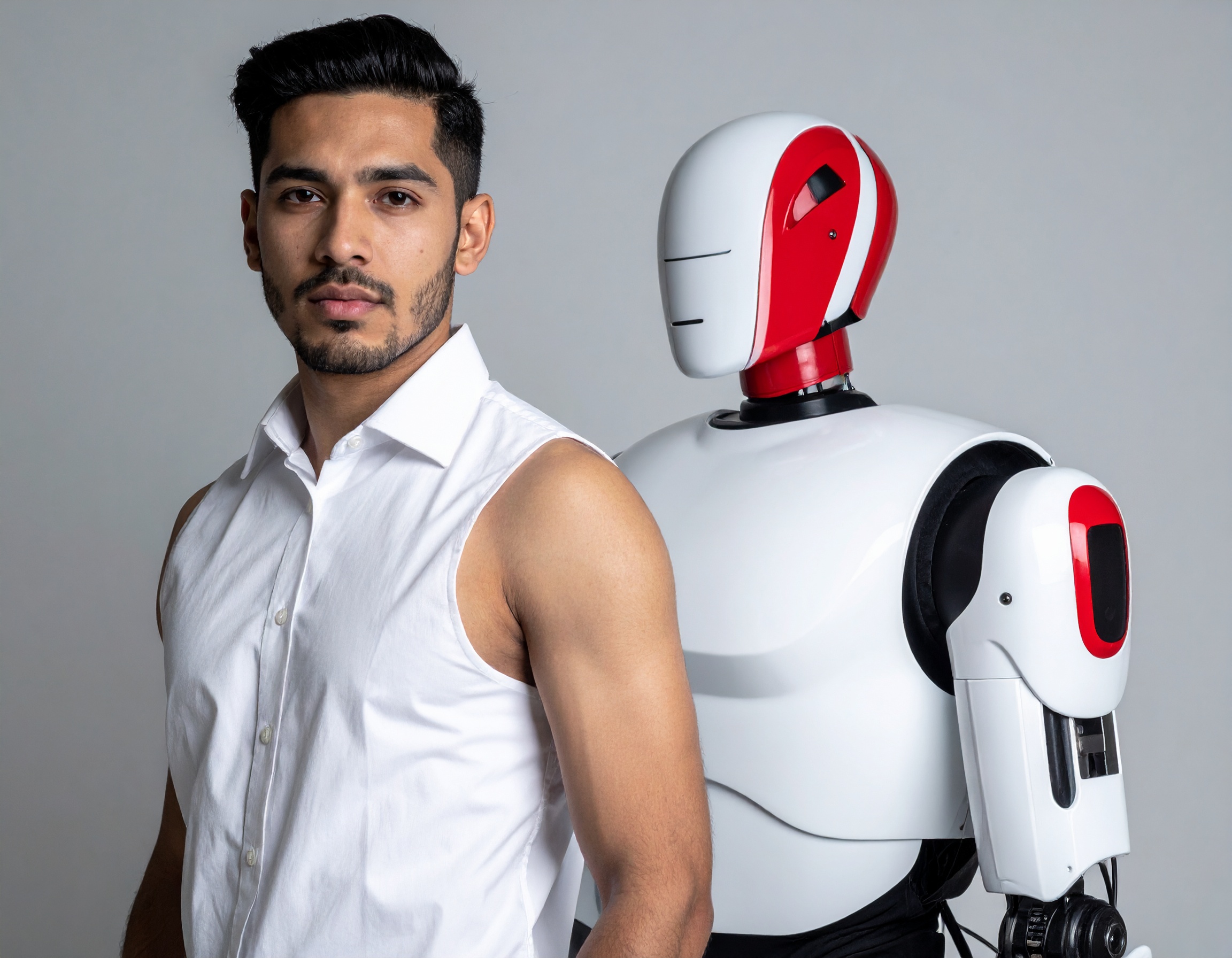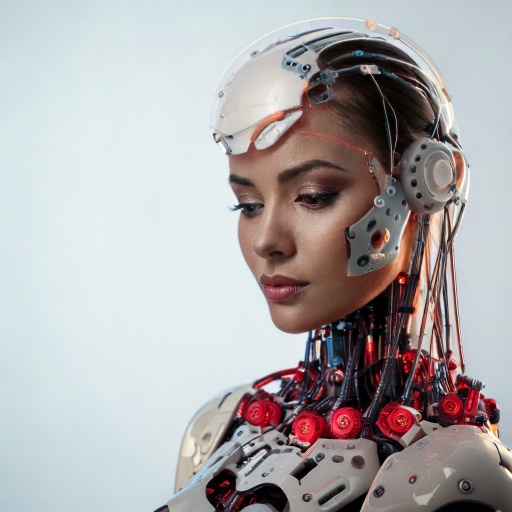Taiwan’s Nurabot: AI Nurses Enter Hospitals Amid Global Staffing Crisis

AI-Powered Nursing Robots: A Response to Global Healthcare Shortages
In September 2025, Taiwan introduced Nurabot, an AI-powered nursing robot developed by Foxconn and NVIDIA, to assist healthcare staff in hospitals. Designed to alleviate the burden on human nurses, Nurabot performs tasks such as delivering medications, monitoring patient vitals, guiding visitors, and patrolling hospital corridors. This initiative aims to address the growing global shortage of healthcare professionals, projected by the World Health Organization to reach 4.5 million by 2030.
How Nurabot Works and Its Impact
Equipped with a tray for medication delivery and a screen displaying a consistent smile, Nurabot operates autonomously in hospital settings. Hospitals in Taiwan, including the Taichung Veterans General Hospital and Mazu Hospital, have begun testing its implementation. Foxconn claims that Nurabot can reduce nurse workloads by 30%, allowing medical staff to focus on more critical tasks. Future versions are expected to include multilingual capabilities, facial recognition, and patient-lifting assistance.

Ethical Concerns and Limitations
Despite its potential, the deployment of AI nursing robots raises ethical concerns. Critics argue that AI tools are often trained on unconsented data and may produce misleading or inaccurate outputs, particularly in sensitive sectors like healthcare. Additionally, there are fears about job displacement and the over-reliance on technology in patient care. Experts caution that while AI can assist in certain tasks, it should not replace human empathy and judgment in healthcare settings.
The Future of AI in Healthcare
The introduction of Nurabot marks a significant step toward integrating AI into healthcare systems. While it offers a solution to staffing shortages and the physical demands on nurses, it also highlights the need for careful consideration of ethical implications and the balance between technology and human touch in patient care. As AI continues to evolve, its role in healthcare will likely expand, necessitating ongoing dialogue about its benefits and challenges.
Key Highlights:
- Taiwan launched Nurabot, an AI-powered nursing robot, to assist healthcare staff.
- Nurabot performs tasks such as medication delivery, patient monitoring, and visitor guidance.
- Hospitals in Taiwan have begun testing Nurabot’s implementation.
- Foxconn claims Nurabot can reduce nurse workloads by 30%.
- Future versions may include multilingual capabilities, facial recognition, and patient-lifting assistance.
- Ethical concerns include unconsented data usage and potential job displacement.
- Experts emphasize the importance of balancing AI technology with human empathy in healthcare.
Reference:
https://edition.cnn.com/2025/09/12/tech/taiwan-nursing-robots-nurabot-foxconn-nvidia-hnk-spc


